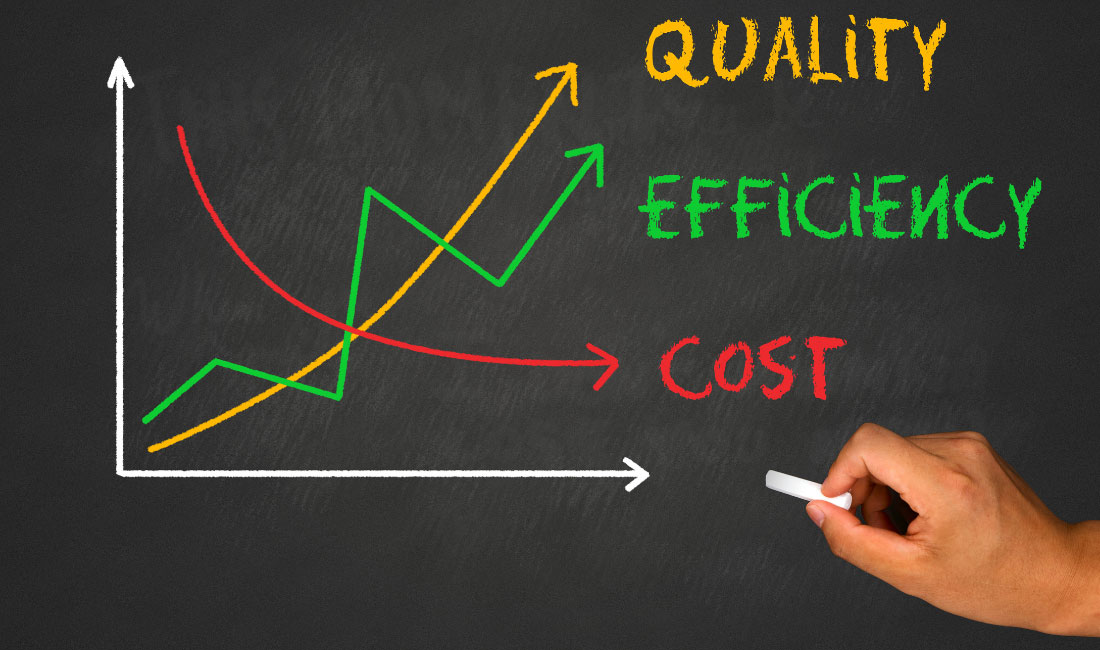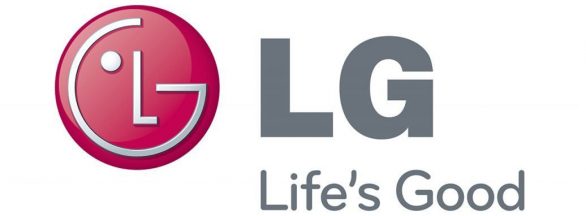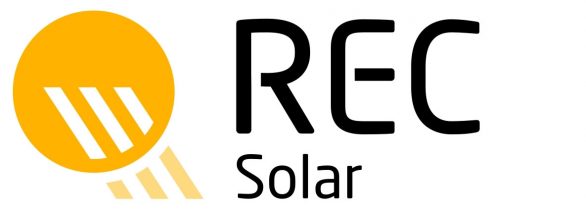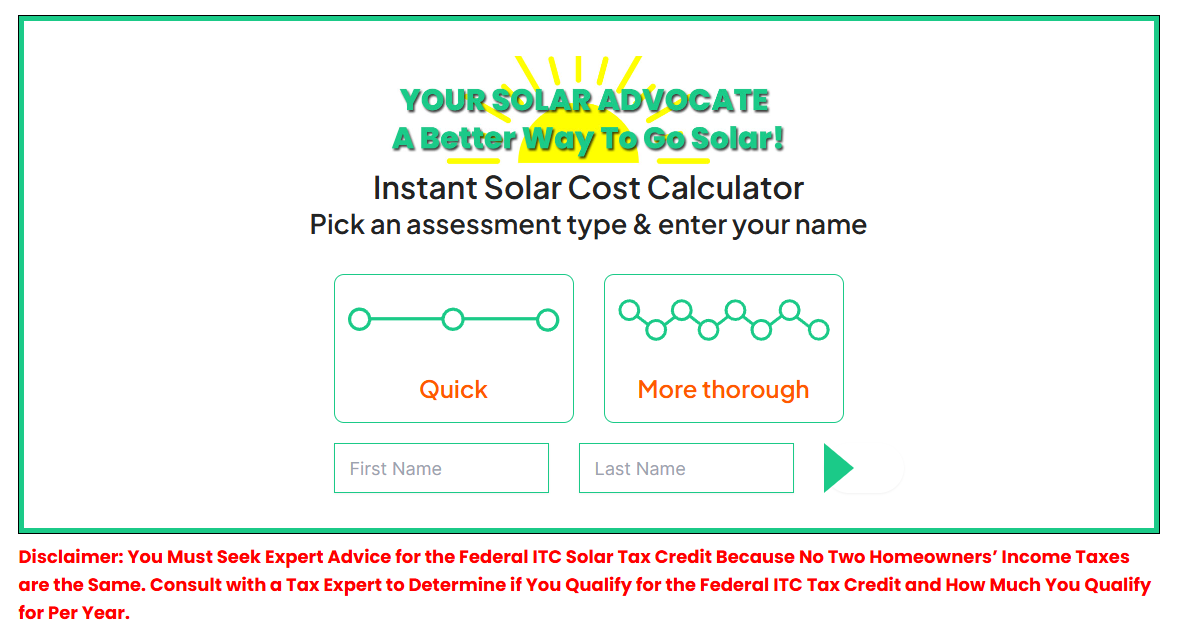Solar Panels In 2021 are More Efficient for a Better ROI

Solar Panels In 2021 are More Efficient for a Better ROI. The amount of sunlight exposed to the surface of a solar panel and is turned into power is referred to as solar panel efficiency. The average panel conversion efficiency has grown from 15% to over 20% in recent years due to numerous breakthroughs in solar technology. In addition, the power rating of a common size solar panel has increased from 250 Watts to 400 Watts, improving efficiency significantly. The bottom line is that 20% efficiency in 2021 constitutes a 33% improvement in solar panel efficiency compared to 15% in 2016.
The Solar Panel Industry's Efficiency Leaders
Just because solar panels are the highest wattage doesn’t mean they are the most efficient. The top brands in the solar panel industry have many brand names you may know but there are also many others you don’t know. It’s important to understand any solar company can import panels from Asia and brand them with their company name which results in more brands than you can keep up with. All that being said I can tell you the majority of the leading high-efficiency solar panels are manufactured by names you are familiar with.
The Most Efficient Solar Panels

Maxeon 3 Solar Panel 400W N-Type IBC
22.8% Efficiency

Neon R 380W N-Type IBC
22% Efficiency

Alpha Pure 405W N-Type HJT Half-Cut
21.9% Efficiency

EverVolt 380W N-Type HJT Half-Cut
21.7% Efficiency

There’s a whole list of manufacturers that come in at 21.4% efficiency to as low as 20.2% but that doesn’t mean they are poorly manufactured solar panels. It’s important to compare the cost of the more efficient panels to the slightly less efficient panels because they could have a significantly lower cost. The majority of solar panels are well manufactured because they are all working to establish a name for themselves in the solar industry.
Although the term “efficiency” is frequently used, a more efficient solar panel does not always imply that it’s a higher quality panel. When choosing a solar panel, many people consider efficiency to be the most essential factor, but what counts the most is manufacturing quality. It’s important to weigh all the factors such as reliability, customer service, and warranty terms, and not only efficiency.
What Does Improved Solar Panel Efficiency Mean To Homeowners?
In a nutshell, improved solar panel efficiency means fewer panels to produce the same amount of energy. The biggest challenge in the past was to fit enough panels on a roof to meet that home’s kilowatt usage. So the easiest way to look at increased efficiency is a home that needed 30 panels in the past may only need 22 now to produce the same amount of energy. This is great news for homeowners with a small roof space and larger homes with high power bills. The closer you get to 100% offset, the more profit you make because the power company credits your power bill the retail price.
Home Solar Is More Profitable Than Ever In 2021

What does improved solar panel efficiency mean to you, the consumer? First, it means the spread between the cost of solar panels versus the value of the power produced has increased. This is awesome news because the overall improvement of solar panels, combined with the extension of the Federal Tax Credit, makes it impossible to lose money when going with home solar. It’s a guaranteed investment!
The efficiency of a solar panel is a good indicator of its performance, because many high-efficiency panels employ higher-grade N-type silicon cells with a better temperature coefficient resulting in less deterioration over time. I know LG and SunPower provide 25-year warranties with power output retention of 90% or greater. It seems the majority of solar panel manufacturers are offering excellent warranties.

